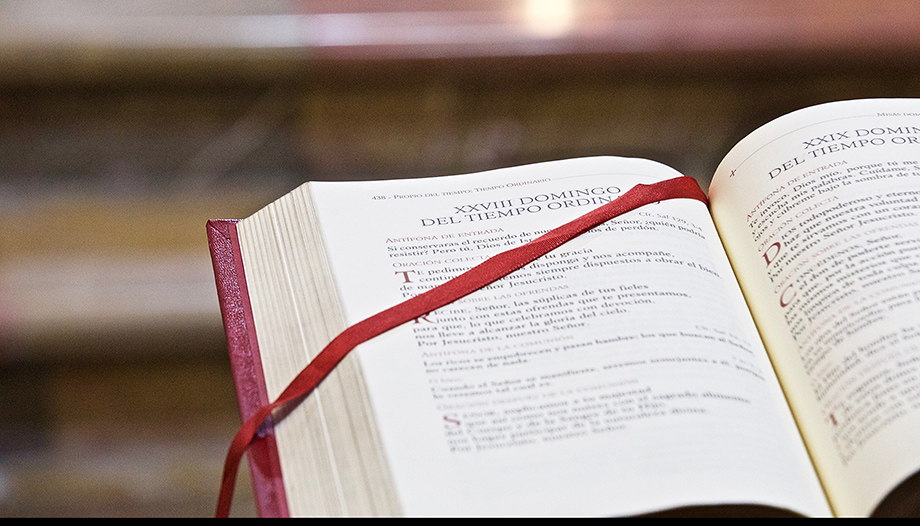Near the end of the liturgical year, we meditate on the ultimate truths of human life: today, hope in the resurrection.
The episode of the torture and death of the seven Maccabean brothers under the gaze of their mother testifies how the revelation about the resurrection of the dead progressed throughout the Old Testament.
The second son says: "When we have died by his law, the king of the universe will raise us up to eternal life."and the third: "From heaven I received [hands]; I hope to regain them from God himself.". A faith in the resurrection linked to merit for the good works performed during life.
In Luke's Gospel the Sadducees appear for the first time, but many of them were high priests, so they were probably also among those who shortly before, after the expulsion of the sellers from the temple, "they sought to do away with him." (Lk 19:47), and who after questioning Jesus "they were trying to get their hands on him" (Lk 20:19).
They were related to the priestly aristocracy that controlled the finances of the temple. They considered only the Pentateuch to be inspired, and since in those books there was no mention of the resurrection, they thought it did not belong to the faith of the Jewish people. Their question gives Jesus the opportunity to speak of the resurrection, without referring to his own.
The levirate law of which they speak, so far removed from our mentality, expresses the desire for survival beyond death, through the life of the children. On the other hand, faith in the resurrection gives the seven Maccabean sons the strength to lose their lives for the love of God, renouncing to bring children into the world.
Jesus underlines the great difference between the earthly world and life in God after death. When he says that they do not take wives and husbands, he is not saying that in heavenly life the love relationships they had in earthly life are indifferent, but that they have different characteristics: they do not give rise to bonds like earthly ones, nor to new births.
Love, on the other hand, remains; indeed, it is lived to the highest degree, without limits, distractions, selfishness, envy, jealousy, misunderstanding, anger or infidelity, but with the freedom of the angels of heaven, always ready to love as God loves.
Jesus, who knows the relationship of the Sadducees with the Torah, refutes their error by quoting precisely Moses, considered the author of the Torah, who in the burning bush hears God call himself the God of Abraham, Isaac and Jacob: therefore, these are alive, and the dead are risen. With faith in the God of the living, Jesus turns to his passion and death, and entrusts him: "Father, into your hands I commend my spirit." (Lk 23:46), I know that in three days my spirit will give life again to my body, which will be resurrected.
Homily on the readings of Sunday 32nd Sunday
The priest Luis Herrera Campo offers its nanomiliaa small one-minute reflection for these readings.









